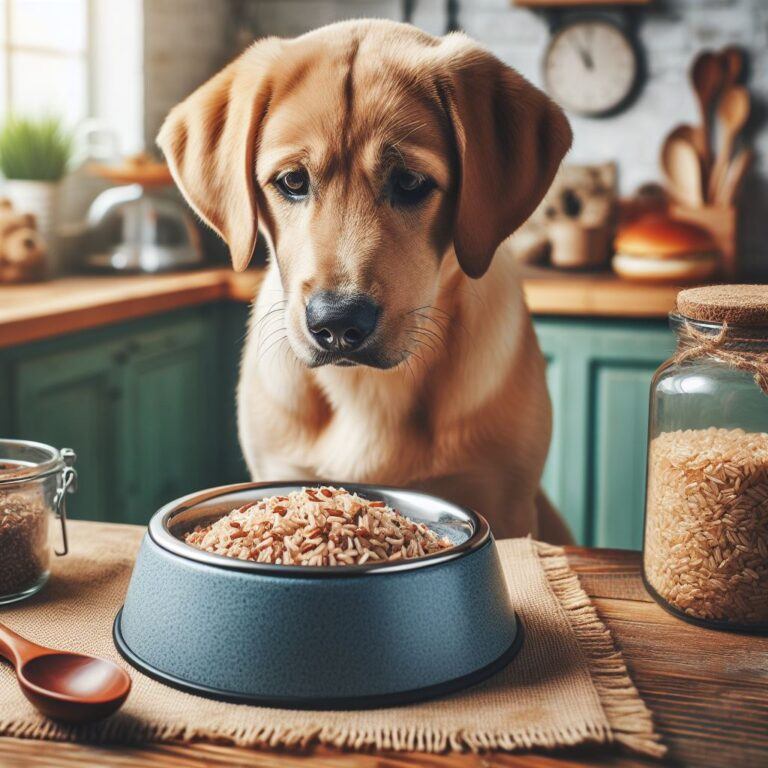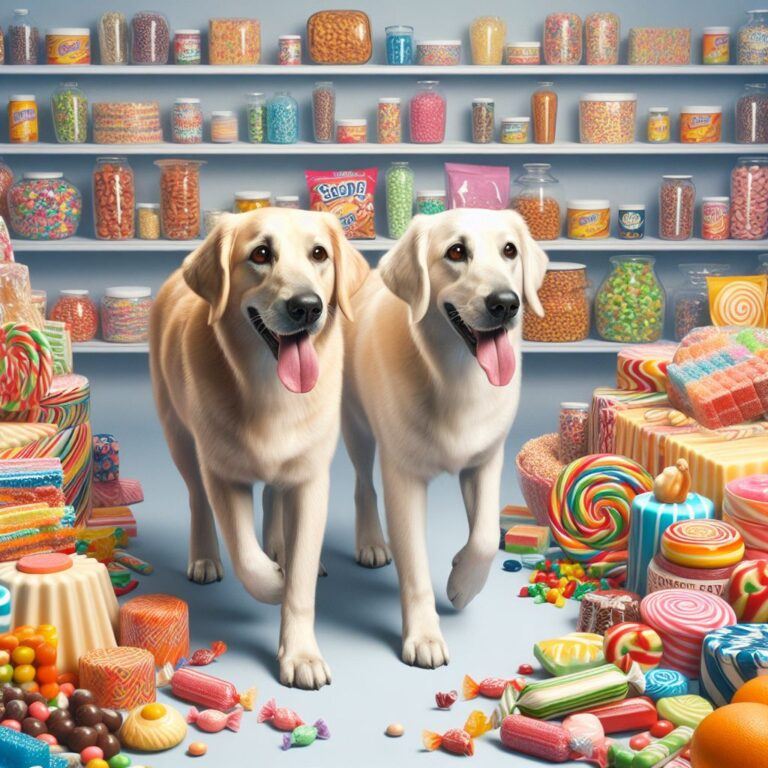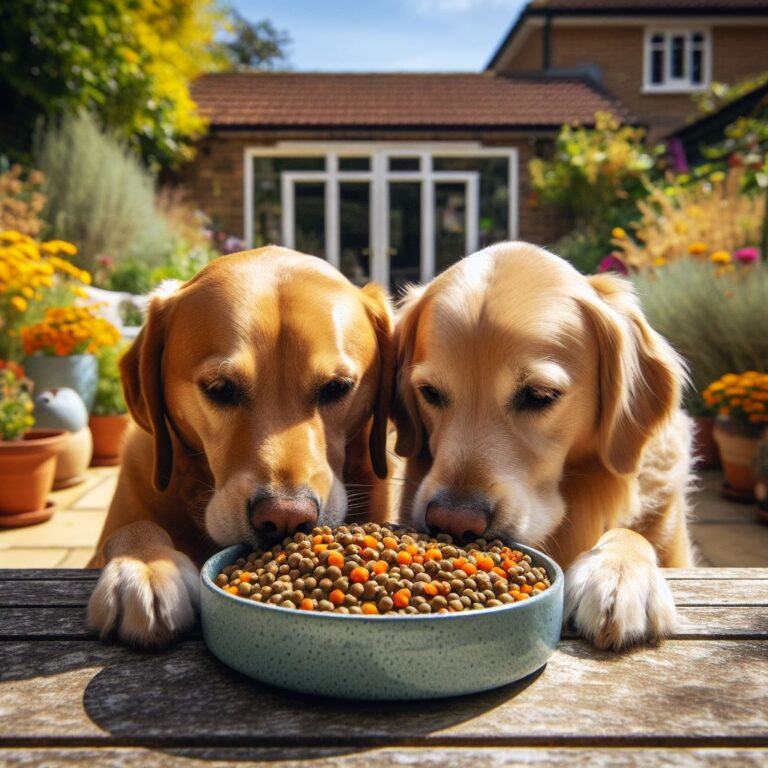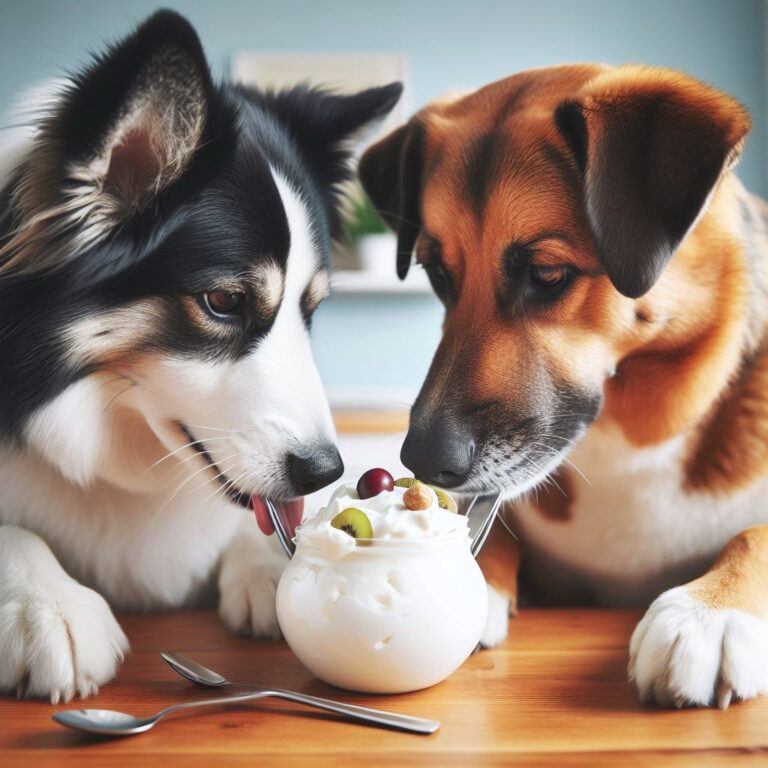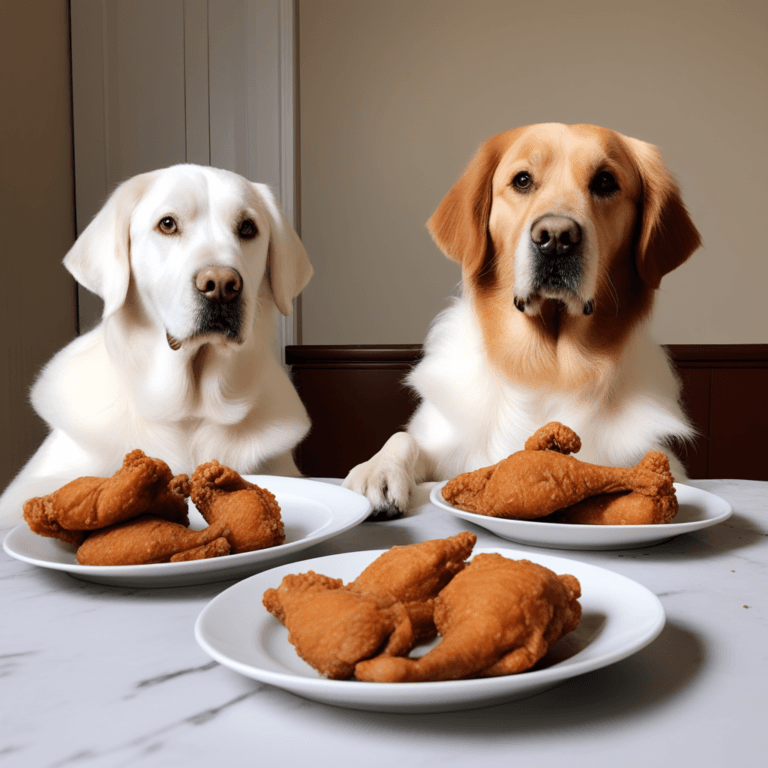Can Dogs Safely Eat Popcorn
YES, in moderation and in the right form, dogs can safely eat plain popcorn. Popcorn itself is not harmful to dogs if it’s air-popped and unseasoned. This snack is low in calories and has small amounts of dietary fiber and protein. However, kernels can pose a choking hazard and should be removed before offering popcorn to your pet.
Beyond the basic answer, it’s crucial to analyze popcorn’s nutritional content to understand its place in a dog’s diet. Plain popcorn offers trace amounts of minerals such as magnesium, phosphorous, and zinc. Yet, it’s not a nutrient-rich snack for your furry friend.
Dogs require a complete and balanced diet, and popcorn should only be a small treat, not a dietary staple.
It is also important to be cautious of the way popcorn is often served. Butter, salt, oils, and other toppings are unhealthy for dogs. These additions can lead to obesity, dehydration, and other health issues if ingested by our four-legged friends.
When considering sharing popcorn with your dog, bear in mind that each of them can react differently. Ensuring the popcorn is air-popped and free of risky toppings is a must.
Dogs with a history of digestive troubles or obesity should likely avoid popcorn or have it very sparingly.
Understanding the Right Serving Size and Frequency
When it comes to sharing popcorn with your dog, moderation is KEY. Just like humans, dogs can have too much of a good thing.
The ideal portion of popcorn for your furry friend will vary based on their size. For small dogs, a couple of plain, popped kernels will suffice.
Medium to larger breeds can enjoy a small handful, provided it’s a rare treat and not a regular part of their diet.
The frequency of popcorn treats should be LIMITED. Dogs thrive on consistent, balanced diets, and too many additional treats, popcorn included, can disrupt this balance.
Consider offering popcorn only as a special reward. This might mean a few times a month rather than daily or even weekly.
Factors influencing the appropriate serving size for your dog include their WEIGHT, AGE, and ACTIVITY LEVEL.
More active and larger dogs may handle a bit more popcorn than their smaller, less active counterparts. Always keep underlying health conditions in mind, as dogs with specific dietary needs may require a stricter regimen.
If you’re unsure about the right treat alternatives to popcorn, lean towards dog-specific snacks. These should be made to provide extra nutrients without unnecessary calories.
Fresh veggies like carrots, pumpkin, spinach, broccoli, or green beans can be great options too, offering vitamins and fiber.
Remember, any introduction of new foods into your dog’s diet should be gradual. Monitor your pet for any digestive upset or changes in behavior, and CONSULT YOUR VET if you’re unsure about any new dietary changes.
It’s their well-being that comes first.
Vet Wisdom on Dogs and Popcorn
When it comes to feeding our furry friends, advice from veterinary experts is crucial. Many vets agree that popcorn can be offered to dogs as an occasional treat in minimal amounts.
However, it’s essential to ensure that the popcorn is plain, air-popped, and free from butter, oils, and salt. These additions can be harmful to a dog’s health, leading to obesity, digestive issues, or even more serious conditions like pancreatitis.
Regular ingestion of popcorn can also pose a risk to dental health in dogs, potentially leading to tooth decay or gum disease due to the kernels.
Furthermore, because dogs are naturally fast eaters, there’s a risk of choking on unpopped or partially popped kernels. Always monitor your dog when they are enjoying this snack.
If you notice any adverse reactions like vomiting, diarrhea, or a decrease in appetite after your dog eats popcorn, it’s vital to consult your vet promptly. These symptoms could indicate an intolerance or allergic reaction.
Remember, while popcorn can be a fun snack for your dog on occasion, it’s by no means necessary for a balanced diet.
Numerous alternative snacks are safer and more nutritious for dogs, such as specially formulated dog treats, carrot sticks, or apple slices (minus the seeds).
Always prioritize your dog’s long-term health and choose treats that serve their nutritional needs first and foremost.
Like any responsible dog owner, my top priority is the well-being and happiness of my pup. I pay close attention to their diet, treat consumption, and any advice provided by my vet.
With a mindful approach and an understanding of the small joys that treats like popcorn can bring to a dog’s life, we can make snack time both safe and enjoyable.
Always temper fun with caution and an eye towards health, this is the mantra for a happy, healthy canine companion.


